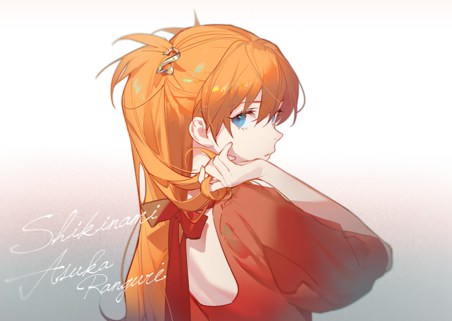Free

- 9 lessons
- 0 quizzes
- 96 week duration
Lesson 2: You

In this lesson, I will teach you how to say “You” in Japanese.
In Japanese, you use あなた and 君 to say “You”.
Note:
| It’s not polite to use あなた and 君 directly to superiors or strangers (It’s okay to use them to your friends), so you’d better avoid using them to superiors or strangers whenever possible. Instead, you can say something directly. Such as 元気ですか。Means “How are you?”. You don’t need to say “あなたは元気ですか” |
Plural Form & Impolite Form

As for the plural form and impolite form, you can refer to below.
(You will see impolite form often in anime and manga.)
Usually, it’s enough to use あなたたち as the plural form of “you”.
| Form | Pronoun |
| Plural Form | あなたがた>あなたたち |
| Impolite Form | 君、お前、貴様、あんた、君たち、お前たち、お前ら Note: Don’t use them to strangers or superiors because it’s impolite. |
Prev
Lesson 1: I, We